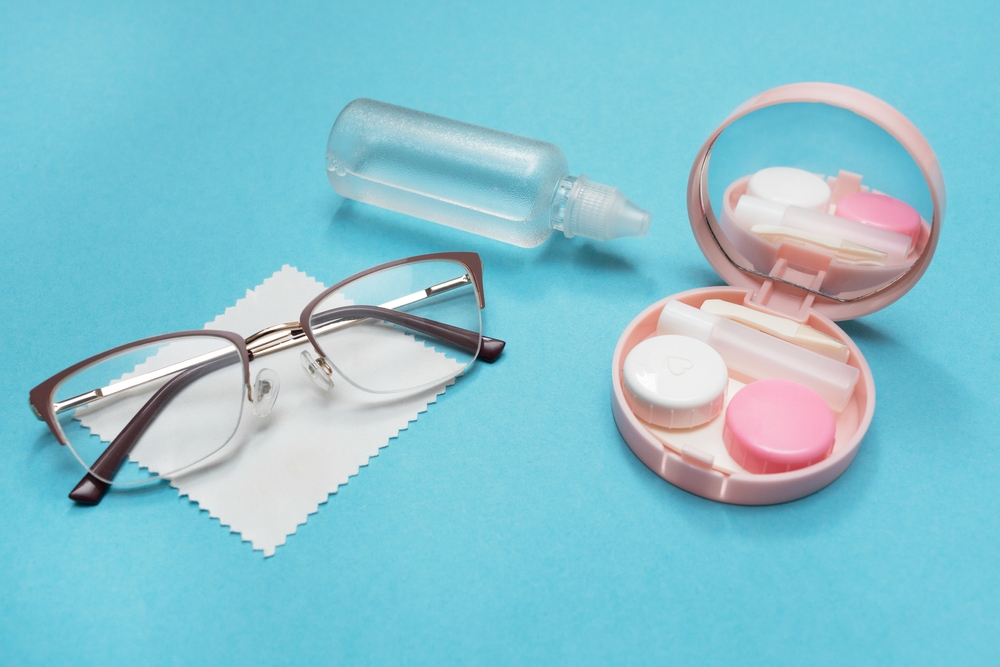
Your eyes let you interact with your environment through sight. They play a big part in helping children hit their developmental milestones. Their eye health is vital to overall health. Hence, you need to make time for an eye exam every year. However, these yearly exams are not enough if you want to wear contact lenses. You will need an additional exam. You will need a contact lens exam.
So, what is its difference from a comprehensive eye exam? Here is a look at the differences.
What Is a Comprehensive Eye Exam?
As the name suggests, it is an inclusive eye exam that checks nearly all the aspects concerning your eyes. It involves three basic steps. The doctor will start by taking your medical history. They will also update any vision problems you may be experiencing currently. Next, they will check your visual sharpness. After that, they will perform tests to examine other aspects of your eye health.
What Is a Contact Lens Exam?
The exam evaluates the shape and size of your eye. It allows the doctor to find contact lenses that fit your eyes. As you get your contact lens exam, your doctor may also check your eyes for other health issues.
Differences Between the Two
Apart from their definitions, there are several other differences between the contact lens and eye exams. These include:
The Tests
Comprehensive eye exams are more intense than contact lens exams. They check for more aspects of the eye. The tests in an eye exam include:
A retinoscopy test to approximate your eyeglass prescription.
A refraction test for your lenses’ exact power.
Color blindness test.
Glaucoma test.
Visual field test to check your peripheral vision for blind spots.
A cover test for eye alignment.
A slit lamp exam for your eye under magnification.
An ocular motility test to check your eye movement.
The specific tests in a contact lens exam include:
Measures of your pupil and iris so the doctor can choose lenses that fit your eyes.
Cornea measurements. They determine the size and curvature of lenses. You will get toric lenses if you have astigmatism and your eye surface is irregular.
To determine if you have dry eyes, your doctor will perform a tear film evaluation. There are specific contact lenses for dry eyes.
Treatment
After a comprehensive eye exam, you may need eyeglasses for vision correction. You may also leave the exam with a diagnosis for an age-related eye condition or overall health condition. The doctor will treat whichever it is accordingly.
After a contact lens exam, the doctor will ask you to take time and try different brands of contact lenses. They will check which ones are comfortable on your eyes. After finding the right ones, they will write the prescription and designate the lens power. They will also add the diameter and base curve fitting your eye curvature.
Contact lens exams come after comprehensive eye exams. They are ideal for people who want to wear contact lenses instead of eyeglasses.
For more information on eye exams, visit International Opticians at our Miami, Florida office. Call (786) 460-1081 to schedule an appointment today.







